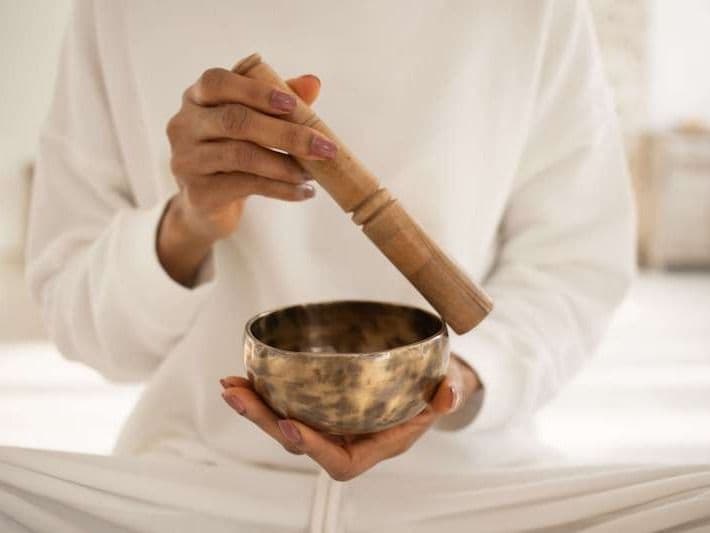“If a tree falls in the forest and no one was there to hear it, does it make a sound?” – George Berkley
Many people who have undergone psychedelic ceremonies will endorse feeling more alive than they ever had, bursting with desires to be creative and to love their fellow humans, and depending on the environment they land in after the ceremony is over, that state of self can quickly or gradually become a distant memory. They are often left feeling like an ‘awkward pizza delivery boy who has never had his first kiss’. How can we ensure that behavioural and personality change persists following this feeling state?
Psychologist and Harvard psychedelic researcher Ralph Metzner said that “experiences only become part of our ongoing growth and learning when recorded or told in some way”.
Metzner was involved in research in consciousness, psychedelics, yoga, meditation, and shamanism for over 50 years and was a psychedelics figurehead in the 1960s alongside Timothy Leary and Ram Dass.
After a psychedelic, events from subconscious memory become conscious memory, and from memory to vision, and from vision to speech. It is the aspect of speaking it into existence that allows events to become neurologically ingrained.
The process of traveling between different states allows material to enter into the full light of consciousness. For further strategies, you might also like our blog on 6 Paths to Psychedelic Integration. The more you talk about it, the more you refine the story, colour the experience, and connect the newly formed neurons into highways of ‘who I am now’. This process can take weeks or even months and can bleed into dreams or creative expression. You’ll notice behavioural changes which will continue to reinforce how you experience yourself and the world.
Here are some questions designed to encourage self-reflection after a psychedelic experience to integrate what was learned.
1. Now that you’ve had this experience, what would you like to remember, carry forward, or complete
2. What visions or information are you bringing home to your community?
3. How can you manifest these visions on the physical plane? In your life? Work? Relationships?
4. What was your intention before taking the substance? (There is always some intention, even if it wasn’t consciously considered at the time.) How did your experience reflect your intention?
5. How does your experience affect your identity? Who is the person you want to become in your life, and how can this experience contribute to your growth and expansion?
6. What are your intentions in life, and how did this experience contribute to your larger goals and desires?
Take this list of questions to your therapist and assert that you’d like to explore the answers to them. Working with Anastasia Sutulova, who specializes in psychedelic integration, can provide a safe and structured space to process these insights. Answering these questions in an embodied, sincere way will help you cement your psychedelic-induced insights into your daily life. Our Psychedelic Integration service helps bridge profound experiences with real-world change, ensuring your growth is sustainable. In addition, you will have created a space in which you know you can return to remind you of this version of yourself. If you’re ready to explore your own integration journey, book a session with us today.
Adapted from Dr. Rachel Harris’ Listening to Ayahuasca

